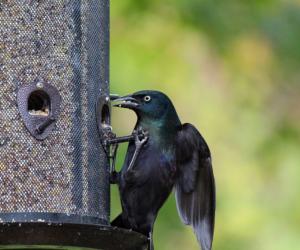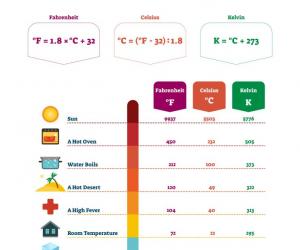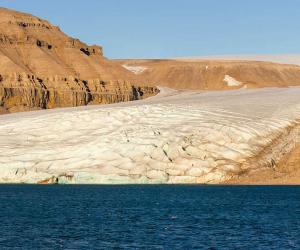This Is How the United Arab Emirates Is Preparing for the End of Oil
The United Arab Emirates (UAE) is a federation of seven emirates on the Persian Gulf. Small in land area, it still controls the 7th-largest oil reserves in the world. The oil industry has afforded the population a wealthy lifestyle, with foreign workers doing most of the hard physical labor. The capital, Abu Dhabi, and the largest city, Dubai, attract millions of tourists and businesspeople. Their names are synonymous with lavish prosperity.
Nevertheless, the oil industry won’t last forever. That resource will be used up in a century or so, but the market for it may disappear even faster. As oil becomes scarce and demand drives the price up, renewable energy will become more affordable. At a certain point, even before all the oil is pumped, consumers will switch over to cheaper energy sources. At the same time, the climate crisis is prompting individuals, corporations, and governments worldwide to cut back on their carbon footprints, even if for the time being renewable energy is still more expensive than fossil fuels. So how is the UAE preparing for the loss of its number one income stream?
1. Renewable Energy
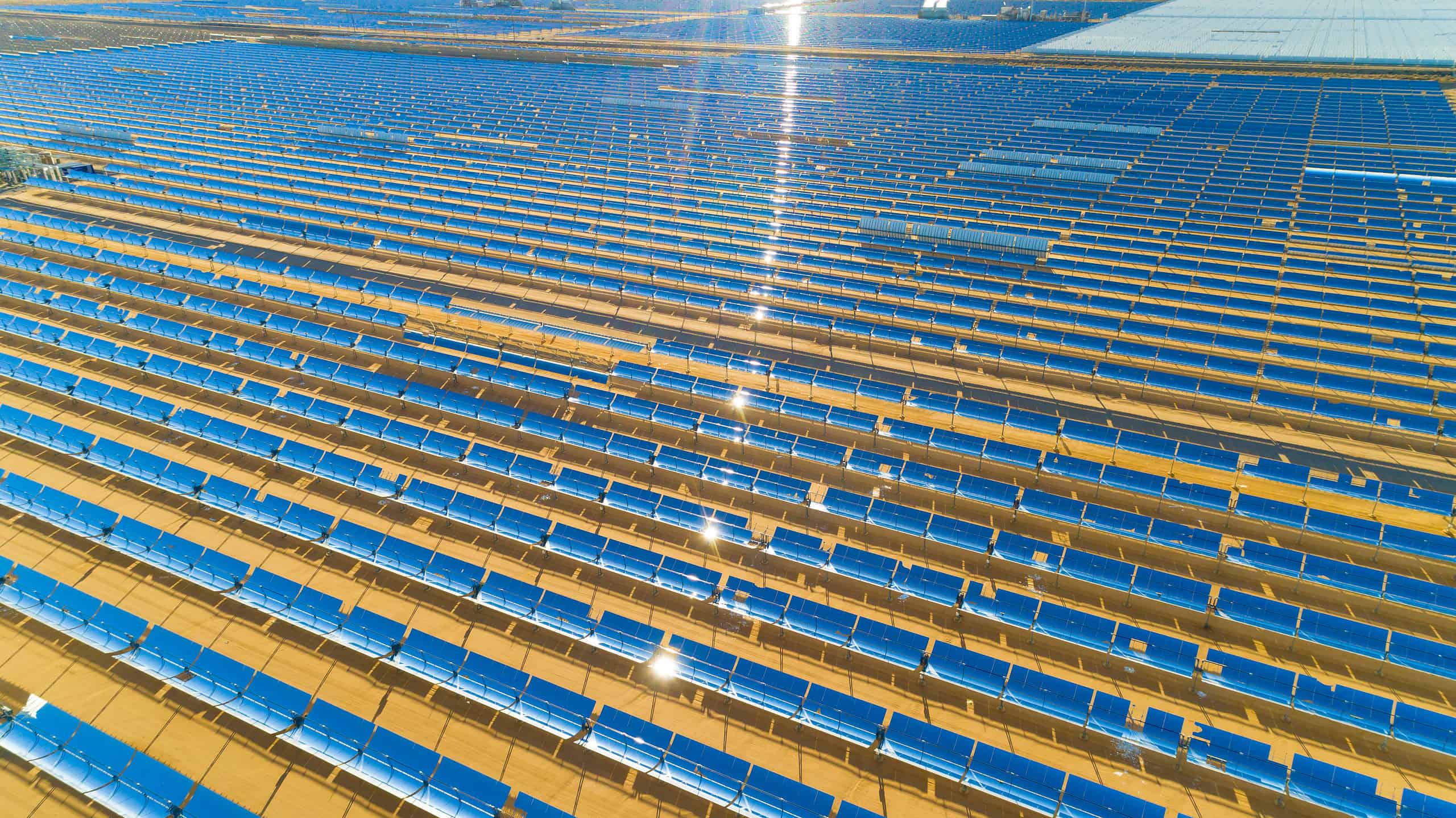
Solar farms like this are well-suited to the sunny, dry climate of the UAE.
©Beach Media/Shutterstock.com
The UAE is responsible for much of the fossil fuel production that is pumping carbon into the atmosphere. However, the country is investing $163 billion into renewable, clean energy technologies. Solar power seems especially promising in light of the sunny desert climate in that part of the world. The country has targeted 2050 as the date to reach an energy mix of 44% clean, 38% natural gas, 12% clean coal, and 6% nuclear.
Another innovative but controversial approach is to lease forested land in Africa to offset the carbon generated in the UAE. Under these deals, Zambia, Tanzania, Liberia, and Zimbabwe will sell leases to Blue Carbon, which is backed by the Emirati royal family. 10-20% of the land area of each country, amounting to an area the size of the UK, will be preserved in its natural state or reforested to absorb more carbon from the atmosphere. The company will use these “carbon sinks” to sell pollution credits to companies that are not able to reduce their carbon emissions. This program raises some concerns that it may displace people who already live in these areas, and that it is a form of neocolonialism.
2. Education
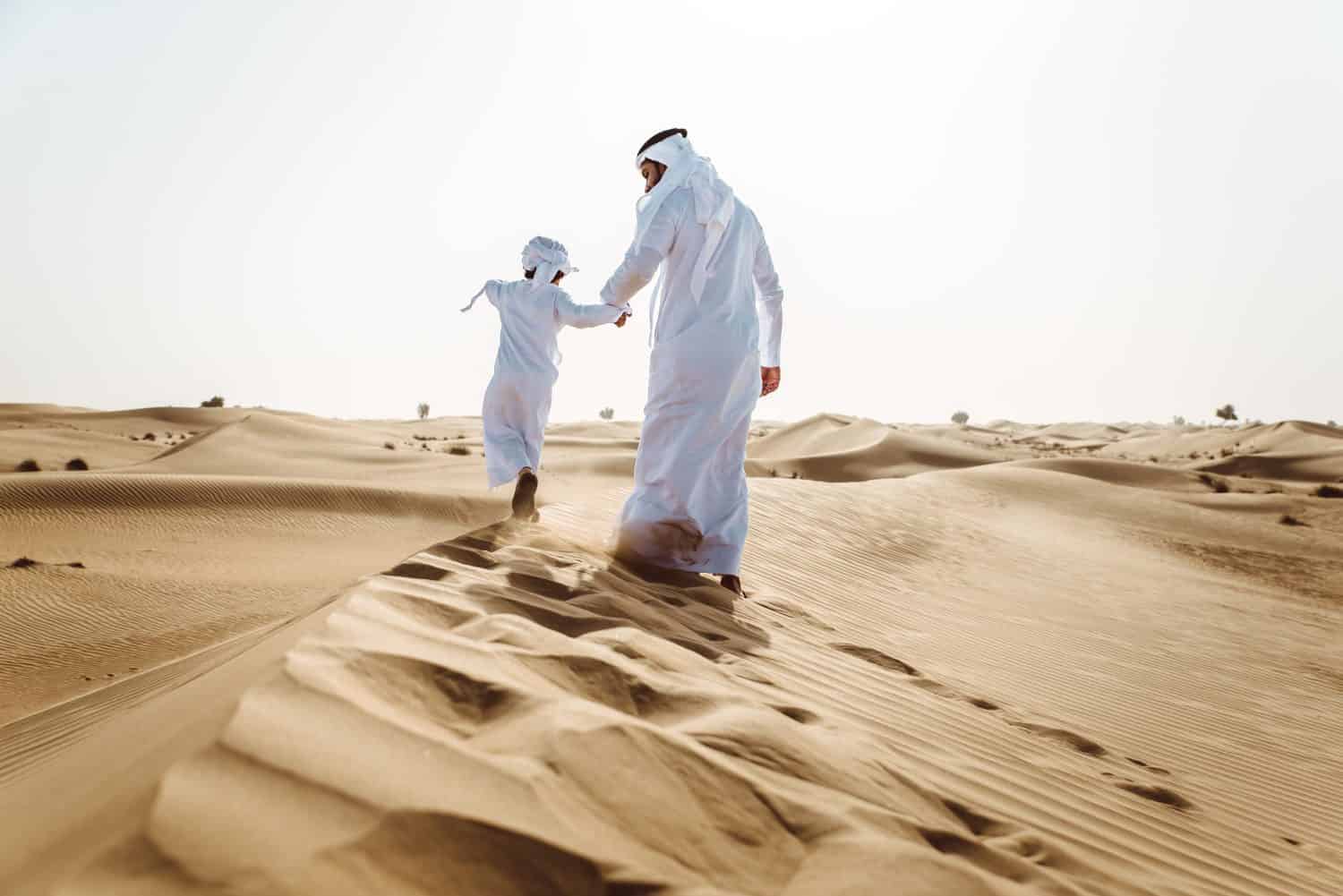
The United Arab Emirates has created a national fund to prepare young people for a post-oil economy.
©oneinchpunch/Shutterstock.com
To help its population prepare for the transition away from the oil industry into more information-intensive work, the government has set up a national fund to support entrepreneurship and education. Technology is the main focus of the fund. Portions of it will be used to teach Emirati children how to code. It will also support researchers, high-tech business start-ups, and small- to mid-sized businesses that will have a positive social influence.
Many of the children of the elite go to universities abroad. Not only does this bring world-class knowledge to the UAE’s future leaders, it also allows them to build relationships with future leaders from other parts of the world. This can enhance the leadership’s diplomatic connections and skills in the future.
3. Tourism
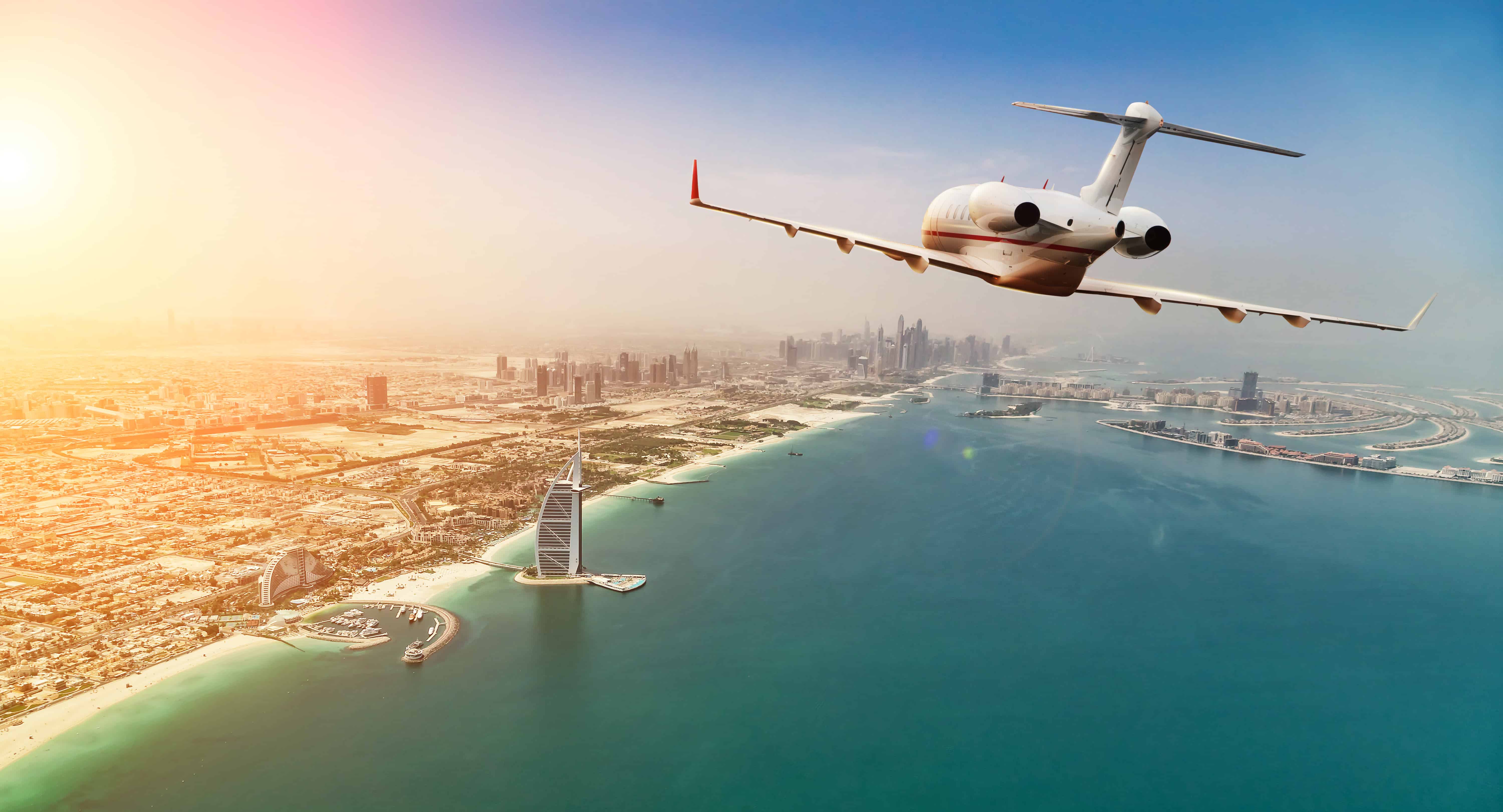
Dubai has developed an image as a safe tourist destination, but there are rules to follow.
©iStock.com/jag_cz
The UAE has made enormous investments to develop tourism into a major revenue stream independent of the oil industry. The country’s location makes it a strategic hub for air travel between Europe and Asia. Increasing numbers of tourists aren’t just passing through, but choose the UAE as their destination. Dubai and Abu Dhabi offer attractions like malls with aquariums and indoor skiing, historic districts with traditional outdoor markets, a Formula One race track, a Ferrari theme park, and the Louvre Abu Dhabi.
The UAE has a reputation as a safe, tolerant, and progressive country, by regional standards. However, it is safe because the authoritarian government employs a sophisticated security system to monitor and control infractions. Foreigners could also land in trouble for offenses. Some of these include public drunkenness, immodesty, carrying CBD products, public displays of affection, swearing, religious evangelizing, taking photos without permission, misusing the internet, or criticizing the government.
4. Technology

Information technology will be one of the most important aspects of an economy built on more than the oil industry.
©pcess609/iStock via Getty Images
The United Arab Emirates is positioning itself to be a leading hub of information technology in the region. The country has established free trade zones such as Dubai Internet City and Dubai Silicone Oasis that specialize in IT high technology and innovation. The UAE is already one of the largest data hubs in the Middle East. It plans to attract an additional $1 billion in investment to this sector by 2026. Microsoft chose the UAE as its first location for hyper-scale data centers in the region.
Impressively, in 2021 the UAE became the first Arab country to send a probe to Mars and only the 5th in the world to do so. After India, the UAE was the second country to achieve a successful Mars orbit with a probe on their first attempt.
7. Investments
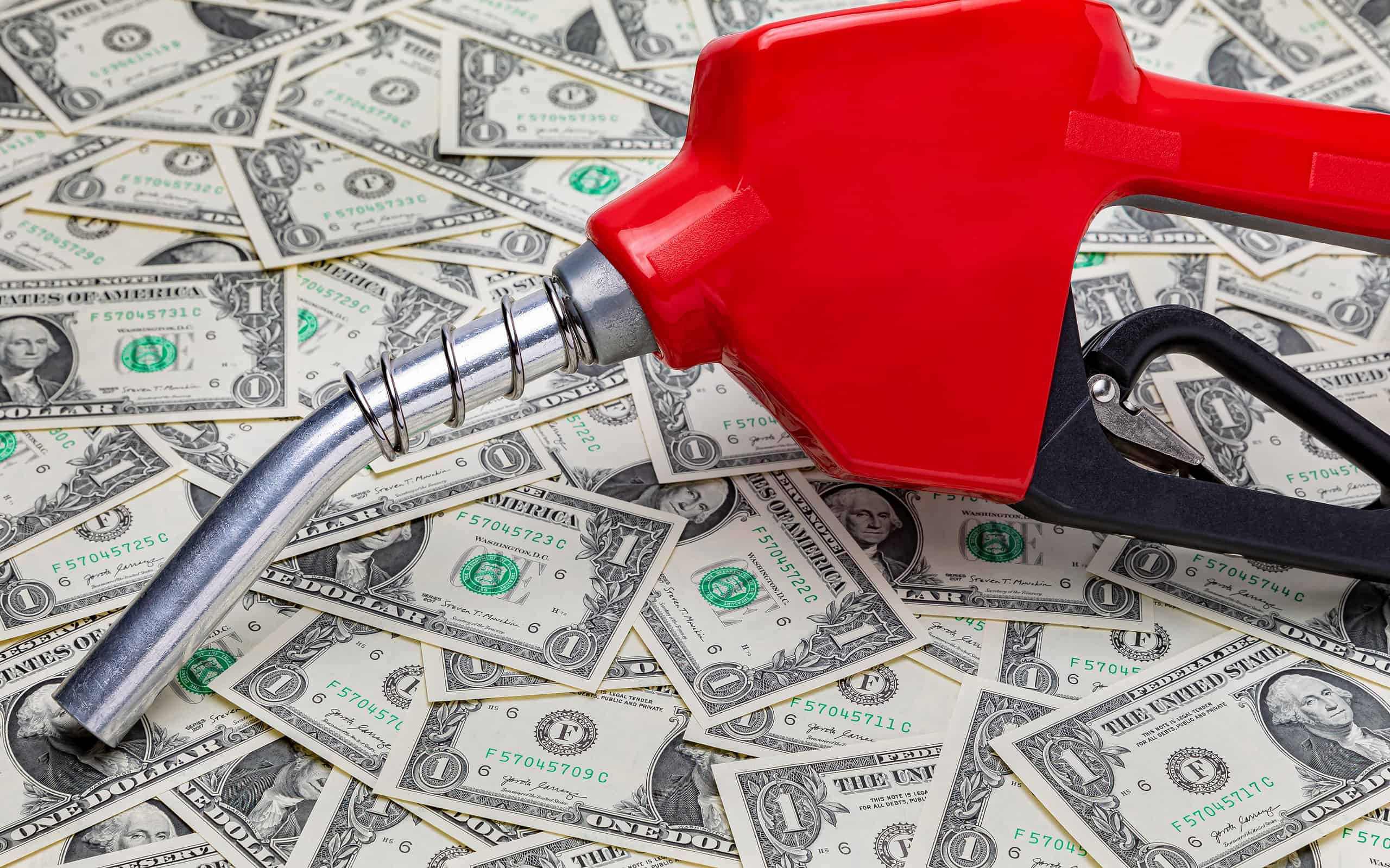
Overseas investments help the UAE protect its wealth from regional threats.
©JJ Gouin/iStock via Getty Images
The UAE is situated in a dangerous neighborhood. Terrorism or an attack by Iran are always possibilities. Iraq’s invasion of Kuwait in 1990 illustrated how vulnerable the wealthy Gulf States are to military attack. The UAE’s investments in infrastructure, clean energy sources, and attracting tourists could come to nothing in the event of hostilities.
To hedge its bets, the Emirates has invested heavily in overseas assets, safely sheltered from the instability of the Middle East. Through various sovereign wealth funds, the UAE manages investments totaling more than one trillion dollars in other countries. If managed wisely into the future, and given stability in the international economy, the profits from this treasure trove should sustain the UAE for generations to come even when the oil industry is a thing of the past.
Diplomacy
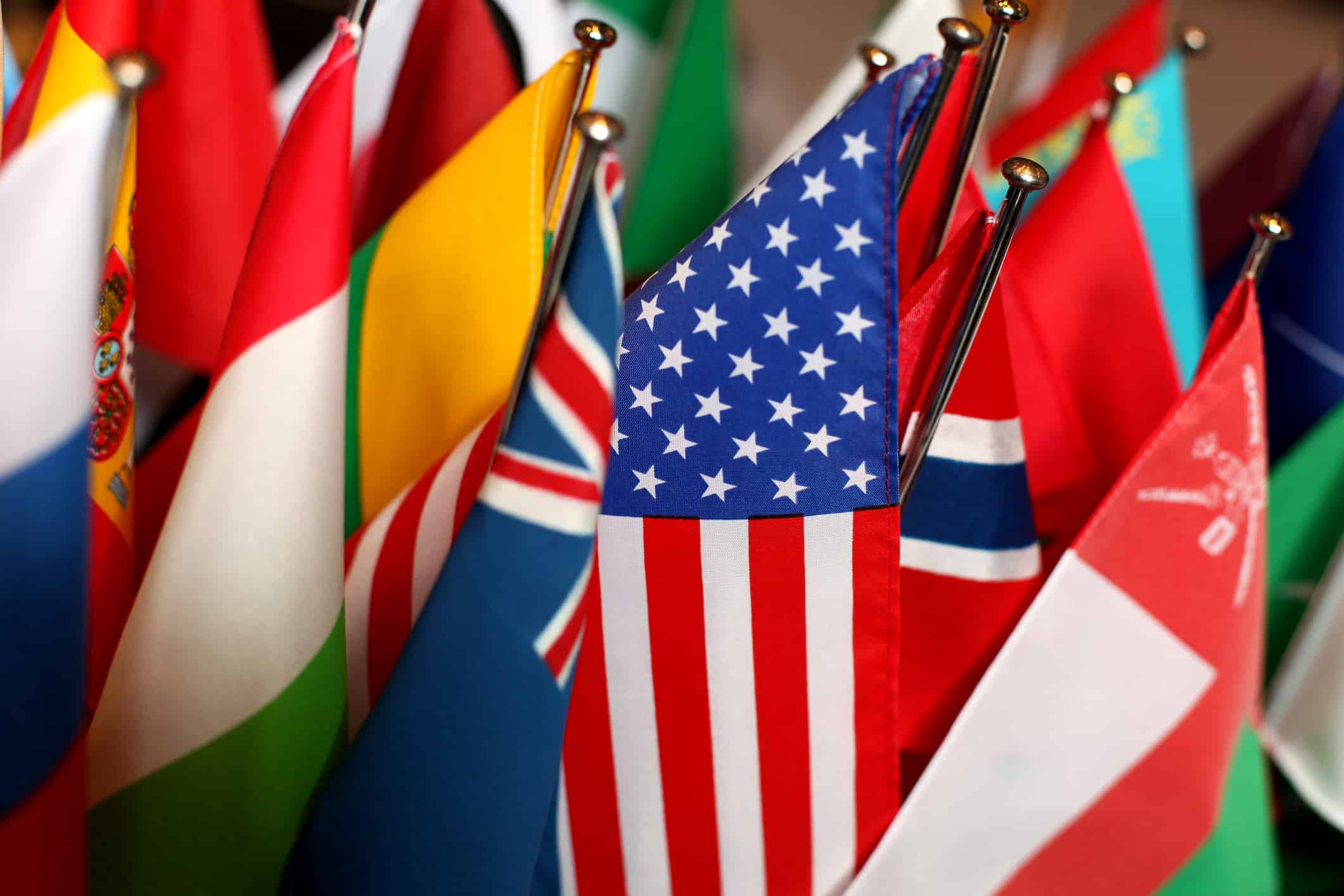
The centerpiece of the UAE’s defense strategy is a close partnership with the United States.
©iStock.com/ChristianThielNet
Diplomacy is another area where the UAE is preparing for life after the oil industry slows down. Powerful countries in other parts of the world may be less interested in defending it after it no longer has this valuable natural resource.
The centerpiece of the country’s defense strategy is to remain closely aligned with the United States and its allies. The UAE supported military operations in the U.S. wars in Iraq and Afghanistan and anti-terrorist operations in the Horn of Africa. The allies made use of the Al Dhafra Air Base outside Abu Dhabi for these operations. The UAE has signed defense pacts with the United States and France, even allowing France to set up a permanent military base. And it has taken the bold step of normalizing relations with Israel, a key but controversial ally of the United States. By aligning closely with the Western agenda and offering its territory as a strategic base, the UAE hopes to remain a vital interest for the United States and its allies even after the oil is gone.
A Realistic Model?

The UAE is reaching for the top. Can other countries follow them?
©kieferpix/iStock via Getty Images
The United Arab Emirates’ efforts to diversify its economy away from dependence on the oil industry are a fine example of forethought and prudent strategy. The Emiratis are using their wealth not only to provide themselves with a comfortable lifestyle today. They also have the forethought to create income streams that will continue to support their descendants for generations to come. But can other countries follow this example?
Thanks to the fortuitous circumstances of sitting on an ocean of oil, the UAE has been able to give its citizens an artificially luxurious standard of living. However, its government is still a medieval authoritarian monarchy making little to no moves toward democracy or improving its human rights record. Most countries don’t have the resources to make the kinds of investments in the future the UAE is doing while at the same time buying off their citizens with free government services and easy jobs. Hopefully, the UAE will be able to apply some of its resources and ingenuity to partnering with developing countries to find strategies that will work in their unique circumstances.
The photo featured at the top of this post is © travelwild/Shutterstock.com


